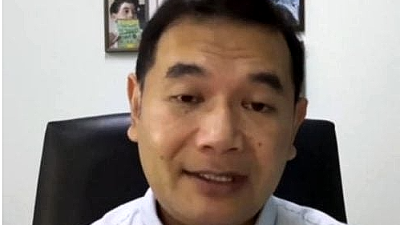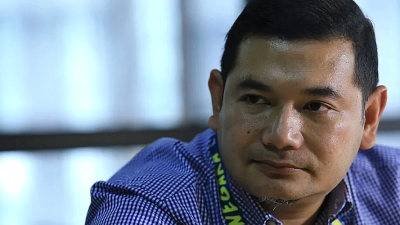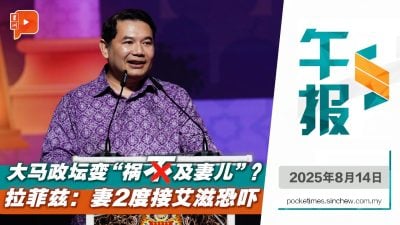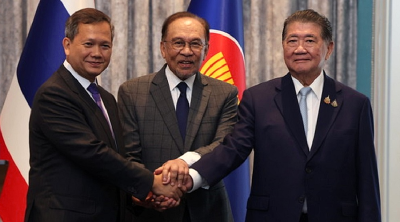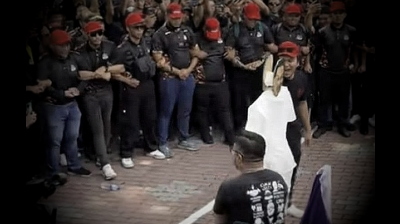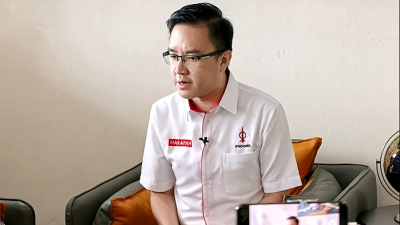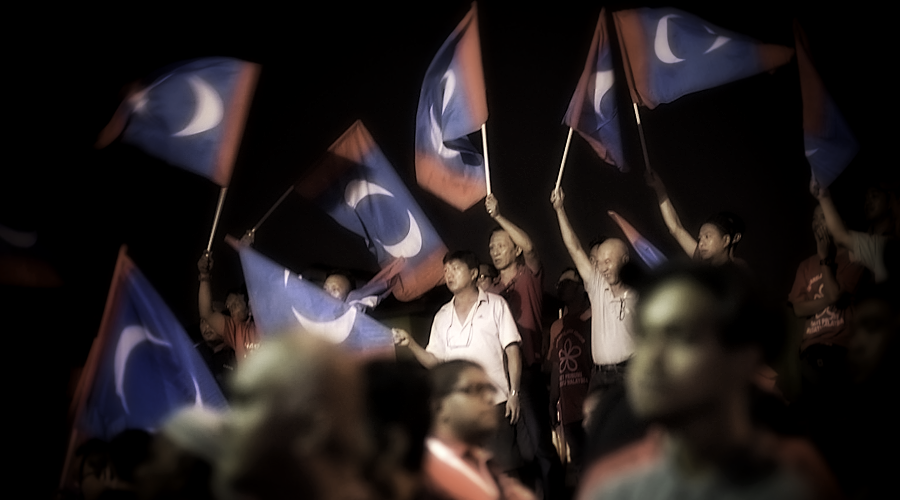
Parti Keadilan Rakyat (PKR) President Datuk Seri Anwar Ibrahim has won the top position unopposed in the party election. However, the most anticipated contest is the deputy presidency battle between Rafizi Ramli and Nurul Izzah Anwar.
Bound by party rules that limit the presidency to three terms, Anwar must step down in three years. As such, this party election is widely seen as a battle to determine his successor.
The winner will gain a significant advantage in the race to lead the party—and potentially the country—in post-Anwar era.
Nevertheless, the PKR party elections should not be viewed solely through the narrow lens of succession. This election concerns the future reform agenda of PKR in the “post-Anwar” period.
Given that Anwar has adopted a gradual approach with slow progress in reform, the mission will be handed over to the younger generation.
Both Rafizi and Nurul Izzah uphold reform ideologies, but they have shown shortcomings in execution. For example, both are against the extension of Malaysian Anti-Corruption Commission Chief Commissioner Tan Sri Azam Baki’s contract—but why did they not raise this issue directly with Anwar?
Rafizi, while in the opposition, had even vowed that if Pakatan Harapan won the general election, it would go after Azam over his company being investigated and staff being detained by the MACC, and promised to reinvestigate the excessive shares held by Azam.
Rafizi has also expressed different views on statements made by Umno Youth chief Datuk Dr Akmal Saleh and the issue of Hindu temple relocations.
Yet, he has remained silent as he is in the government.
As the main party in government, PKR needs to expand space for open dialogue and increase its commitment to reform—tasks that now fall on the shoulders of its younger leaders.
As the incumbent deputy president and a cabinet minister, Rafizi should have the upper hand. However, his faced criticisms over his performance in office, especially the PADU (Central Database System) issue which drew significant backlash.
Rafizi was once a famous whistleblower in the opposition earning strong public support. But since becoming a minister, his courage and outspoken stance seemed to have diminished, and he has not actively pushed for reforms, leaving supporters disappointed.
Although he explained in a podcast that his cabinet position limits his ability to speak openly on many issues, not all supporters accept this rationale.
The winner in the deputy presidency race will gain a significant advantage in the race to lead the party—and potentially the country—in post-Anwar era.
While the election on central leadership has yet to take place, early results from divisional elections have already doused cold water on Rafizi’s momentum.
Key allies in his camp, like Nik Nazmi Nik Ahmad, the Minister of Natural Resources and Environmental Sustainability, have lost in the elections, showing decline in his support base and making it unlikely for him to replicate his previous election success.
Nurul Izzah initially announced her candidacy for a vice-presidency. However, after receiving widespread support from party divisions and leaders, she decided—after careful consideration—to contest the deputy presidency instead.
With many divisions publicly backing her, Nurul Izzah currently appears to have the upper hand. Still, Rafizi is not one to back down easily.
He quickly launched a campaign tour under the slogan “Staying true to reform ideals amid the test of power” (HIRUK) to rally support.
The biggest challenge faced by Nurul Izzah is criticism of nepotism and dynastic politics.
Her father, Datuk Seri Anwar Ibrahim, is the party president. If she wins the deputy presidency, PKR will effectively be helmed by a father-daughter duo—seemingly contradicting the party’s longstanding reformist image.
To be fair, Nurul Izzah has served three terms as a Member of Parliament and has had a commendable record. Her efforts and capabilities should not be dismissed simply because of her father’s position.
Nevertheless, her family ties to Anwar make it difficult to shake off accusations of nepotism. Thus, she moves forward in the race, facing criticism but entrusting the final decision to party delegates.
This PKR election is of great significance—not just in determining Anwar’s successor, but also in charting the party’s future direction.
PKR, born from the “Reformasi” movement, has seen its reform momentum slow significantly since coming to power in Putrajaya. In some cases, it has even been accused of resembling the old regime in style and conduct.
With Anwar constitutionally barred from seeking re-election as president in the next party polls, the deputy president will likely take over leadership.
As a major multiracial political party, the development in PKR will inevitably influence the broader national political landscape.
So, what do PKR members envision for the party’s future? Do they want to return aggressively to the reform path, breaking old shackles with bold action? Or do they prefer to maintain the current course—progressing slowly, or even stagnating?
This election will not only determine the new deputy president and leadership team—it will define the future path of PKR.
Party members must choose wisely.
ADVERTISEMENT
ADVERTISEMENT







